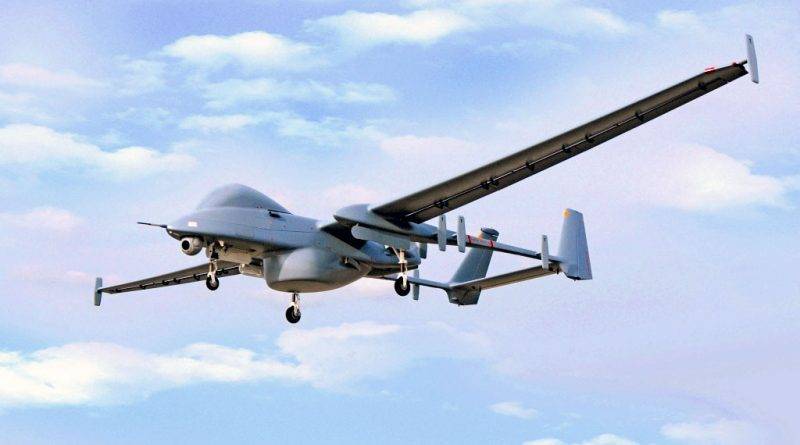Drones have revolutionized the way we interact with the world, offering breathtaking views and the ability to capture stunning aerial photography. To truly master the skies, understanding the intricate details of operating a fly drone is essential.
Understanding Your Drone
Before embarking on your aerial adventures, spend time understanding your drone’s manual. Familiarize yourself with the different parts, such as the propellers, battery, and camera system, to ensure you can handle basic troubleshooting. Also, practice assembling and disassembling your drone to become adept at quick fixes.

Learning the Basics
Piloting a drone begins with mastering the controls. Start with small, gradual movements to get a feel for the drone’s sensitivity and response time. Ensure you are comfortable controlling the drone’s elevation and rotation, and practice figures like circles and squares to improve your command over the device.
Advanced Maneuvers
Once you’ve mastered the basics, elevate your skills with more advanced maneuvers. Here, timing and precision are key. Practice swooping motions, hovering, and capturing dynamic footage to add a professional touch to your aerial videos. Remember to always fly within your skill limit to prevent accidents.
Choosing the Right Location
The location you choose plays a significant role in the success of your drone flight. Seek out wide, open areas free from overhead obstructions and interference from other electronics. Coastal areas, fields, and empty parks are ideal for uninterrupted drone experiences.
Weather Conditions
Always check the weather forecast before flying your drone. High winds, rain, and extreme temperatures can severely affect its flying capabilities. Aim for clear, calm days to ensure stability and safety during flight. Also, keep an eye on battery life as cold weather can drain power quickly.

Mastering the art of flying a drone is a journey that combines knowledge, practice, and creativity.
